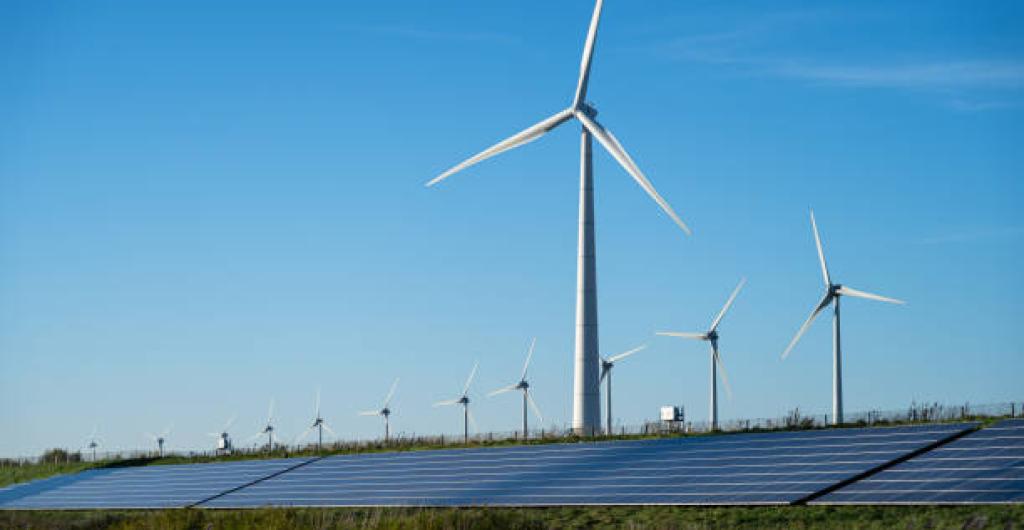President Petro said that clean energy can prevent inflation from rising amid geopolitical conflict. How is the country doing in this matter?
President Gustavo Petro issued a statement on his X account urging the acceleration of the energy transition as a mechanism to avoid an inflationary increase due to the global geopolitical crisis, which threatens to drive up oil prices with severe economic effects.
“We are heading back to inflation, unless we quickly switch our homes, businesses, and means of mobility to clean energy. The solution isn’t raising interest rates; it’s understanding that inflation has structural causes different from monetary liquidity. It’s because of these circumstances that I’ve pressured the State and explained to society the need for the energy transition as soon as possible,” the Colombian president said. His comments followed reports that Iran might close the Strait of Hormuz in retaliation for US attacks on its nuclear bases.
It should be noted that the Strait of Hormuz is a strategically important point that separates the coasts of Iran and Oman, and its potential closure would have a global impact because approximately 20% of the world’s oil and gas production is transported through its waters.
How Colombia Stands
While President Petro’s proposal is a viable alternative, challenges and variables still prevent Colombia from fully relying on clean energy.
Natalia Gutiérrez, President of Acolgen (the Colombian Association of Power Generators), recently explained the country’s status on the energy transition, concluding that it is essential not to neglect energy security and to ensure the shift is “sustainable, reliable, and technical.”
According to Gutiérrez, although Colombia ranked 38th out of 118 countries in the Energy Transition Index 2025 with a score above the global average, challenges remain:
- Regional Position: “In Latin America, Colombia ranks fourth, after Brazil (15), Chile (21), and Uruguay (35). This shows us that we are still advancing, but, very importantly, that we don’t have the same urgency or the same needs as other countries in this process,” the Acolgen president highlighted.
- Need for Traditional Support: The key to a successful integration of more renewable energy is not abandoning the technologies that have guaranteed 24/7 electricity: hydro and thermal power. “These two have supported our system, even in extreme climate conditions like the ‘El Niño’ phenomenon,” she explained.
- Areas for Improvement: Although Colombia registers a score of 52 in preparation for the energy transition (above the global average of 47), the country can still improve in aspects such as infrastructure, regulation, and investment.
- Regulatory Instability: Gutiérrez warned that while Colombia has great hydroelectric and solar potential and a high share of renewables, regulatory instability and institutional uncertainty continue to slow down the energy transition process. “Our total score on the index increased (from 65.6 to 67.5), but we dropped three positions compared to 2024. This is an alert, as it evidences a relative weakening in conditions such as the regulatory environment, investment, and institutional capacity,” she noted.
The guild leader concluded that they must strengthen the regulatory environment, attract more investment, close gaps, and consolidate institutional capacities, stating, “We still have time, but we must act now!”
Source: Energía – Portafolio








